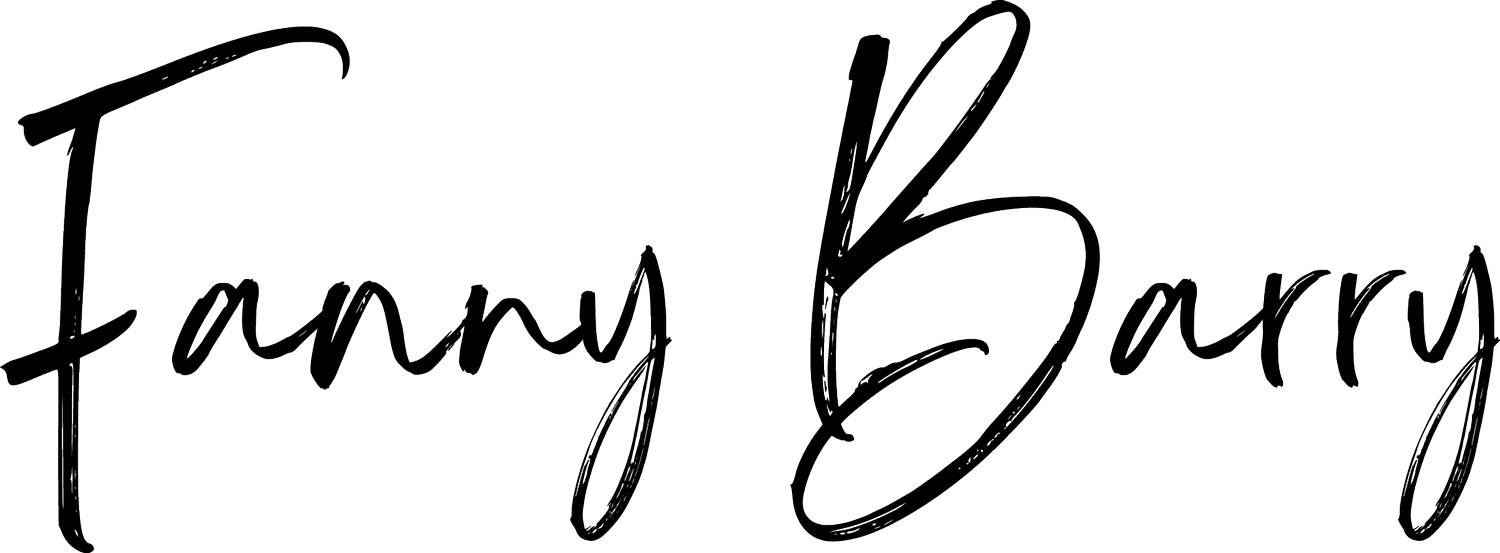I shifted into park and looked around. No one else on this shady side street between two relatively vacant lots. I wondered why. The other streets were packed making this empty one lonely. I searched for no parking signs, yellow paint on a non-existent curb. I found none, so congratulated myself, took the key and got out.
As I stepped from the car, a scruffy, broken booted man walked into the intersection to see who I was. His hair was tousled and when I said buenas tardes, he nodded and his half smile showed only a few teeth. “Think it’s ok to park here?” I asked. He nodded and told me “si, you’re fine.” I felt better and walked to the café for breakfast before going back to work.
But I shook my head and wondered why the testimony of a guy who looked like he’s probably never owned or even parked a car gave me such comfort? And I realized over coffee and eggs how deeply my social conditioning ran. Not for judging him by his appearance, but for not trusting myself to know that people didn’t park on that street because it was farther away. Maybe they’re afraid of side streets. That’s their social conditioning. Mine is to trust a man. I’ve been trained, regardless of life proof to the contrary, that men know better. Especially when it comes to parking or moving or other manly endeavors.
So many reasons for this. But it begs the question, how do we shift to trusting ourselves? If experience doesn’t work, how do we get back to trusting us? If all my degrees and studies don’t help me feel confident that I at least know where to park, how will I ever get there? We’ve all made mistakes and poor choices. That doesn’t mean we have to continue. And it certainly doesn’t mean we have to trust someone else to make choices for us.
Pema Chodrun talks about shenpa, the thought pattern, mostly negative, that works its way into your mind so that you follow it and act on it habitually. Her experience shows it’s something you can let go of with practice. Yoga and meditation work into those places where you doubt yourself. These practices let you open up to your own inner wisdom. It’s about catching yourself, waiting until you have a look and assess what works best for you. In my example, it’s catching myself before I ask for outward validation, letting buenas tardes be enough.
The power of pause, cultivating acceptance of negative thought patterns and what Pema calls, “less noble” human traits, are ways to unravel feelings of self distrust and negativity. Take a moment to pause right now. Take 9 deep breaths. Notice your shoulders relax and your jaw soften and ask yourself what you might instead ask a toothless, ragged man. Listen to the answer and remind yourself: you know.
We’ll practice asking those questions, feeling into them and listening to ourselves in our Yoga and Writing retreat, March 13 to 18, 2025. Join us to practice going deeply into the realm of self acceptance and trust. We’ll explore the stories we are and the ones we tell ourselves with yoga, writing, some fairy tales and magic. Join us March 13 to 18 at Tribal Tulum, Tulum, Mexico.

